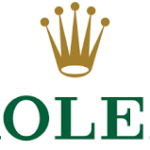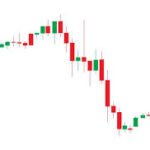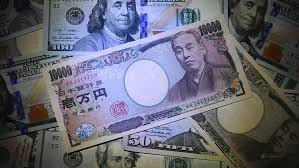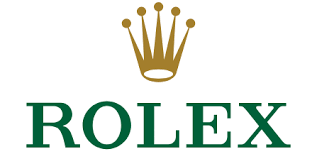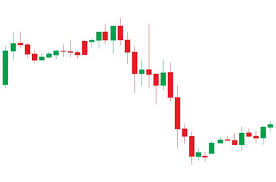Last Updated on: 29th May 2024, 04:57 pm
This is the Potential Impact of a Bank of Japan Rate Hike on the Yen and Inflation
The Bank of Japan (BOJ) has signaled a potential interest rate hike in response to the yen’s significant depreciation, which could have notable implications for inflation and currency markets. BOJ board member Seiji Adachi’s recent remarks indicate that while short-term currency fluctuations alone are insufficient to prompt a policy shift, persistent and excessive yen declines that significantly impact inflation expectations could necessitate an interest rate increase.
Adachi emphasized the need for a balanced approach to monetary policy, acknowledging both downside and upside risks to the economy and prices. He warned against the dangers of prematurely raising rates but also cautioned that focusing too heavily on downside risks could lead to a scenario where inflation accelerates uncontrollably, necessitating sharp and abrupt policy tightening. As such, the BOJ must be vigilant and ready to adjust its monetary stance as underlying inflation trends towards the 2% target.
The yen has depreciated by approximately 10% against the dollar this year, despite the BOJ ending its negative interest rate policy in March. This depreciation has contributed to rising import costs, which could accelerate consumer inflation sooner than expected. Adachi suggested that if the yen’s decline persists and consumer inflation rebounds more quickly, the BOJ might need to advance the timing of its interest rate hike.
An anticipated interest rate hike by the BOJ is likely to have a significant impact on the yen and broader financial markets. Higher interest rates generally strengthen a currency, as they attract foreign investment seeking higher returns. Consequently, a BOJ rate hike could stem the yen’s depreciation and potentially lead to its appreciation against major currencies like the US dollar. This shift would reduce import costs, thereby alleviating some inflationary pressures on consumers.
However, the broader implications of a BOJ rate hike extend beyond currency appreciation. Increased interest rates could temper economic activity by raising borrowing costs for consumers and businesses, potentially slowing down consumption and investment. While Adachi expressed optimism about Japan’s economic recovery, driven by rising wages and recovering exports and capital expenditure, a rate hike might dampen this recovery if not timed appropriately.
Additionally, the BOJ’s decision to reduce bond purchases in line with ending its yield cap policy will be carefully staged to avoid market destabilization. This reduction in bond buying signals a gradual shift towards tightening monetary policy, reflecting the central bank’s cautious approach to managing economic growth and inflation.
In summary, the BOJ’s potential interest rate hike aims to address the inflationary impact of the yen’s depreciation while balancing the risks to economic growth. A rate increase could strengthen the yen and moderate inflation, but it also risks slowing economic recovery if not executed with careful consideration of underlying economic conditions.
